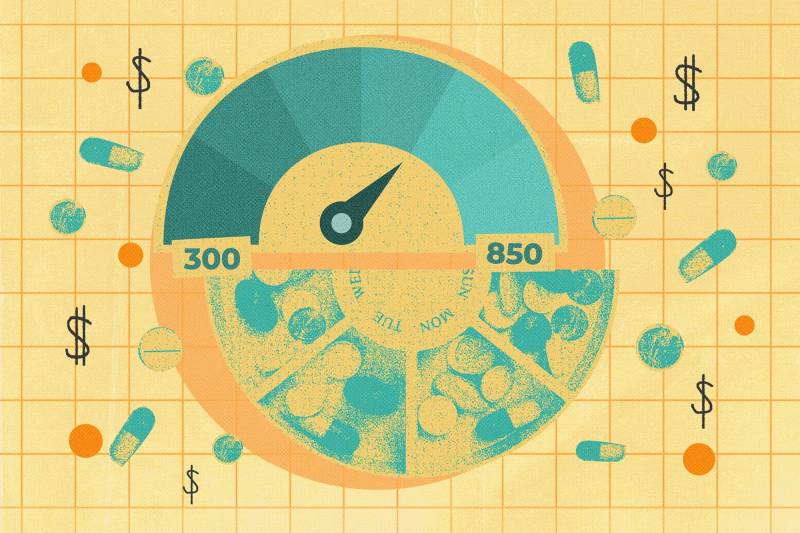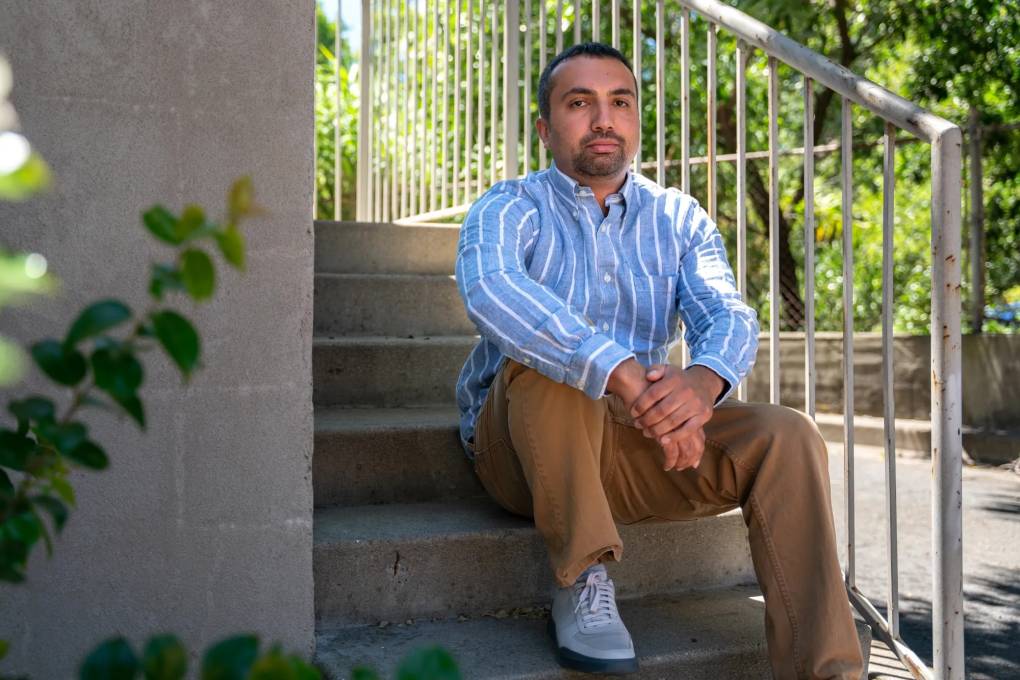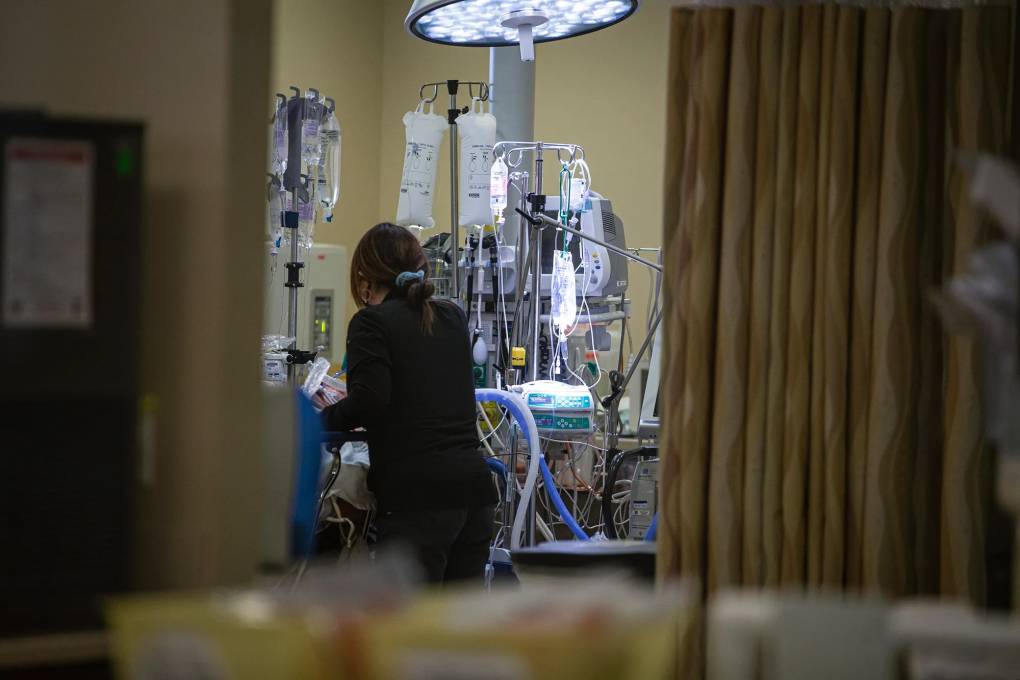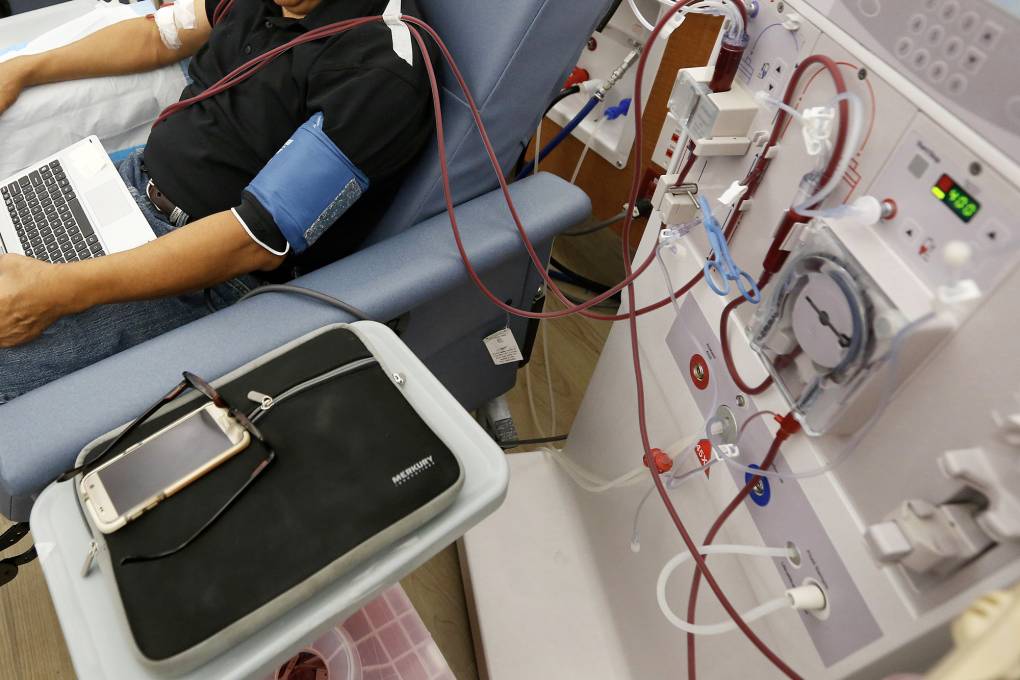Sen. Monique Limón, a Santa Barbara Democrat, is carrying Senate Bill 1061, which would remove medical debt from credit reports and prohibit debt collectors from reporting patients’ medical debt information to credit agencies. It would pertain specifically to debt owed to a medical provider, such as a hospital or a doctor’s office.
It passed the Assembly on Monday and is heading to the Senate for a final vote. Until recently, the bill would have also included debt charged to medical credit cards and specialty loans, but changes in the Assembly Appropriations Committee redefined “medical debt” to exclude these.
Limón was surprised by the changes. The amendments were a win for a coalition of bankers and lenders that had been requesting that change for months. Following the amendments, the coalition removed its opposition to the proposal.
“This legislation passed through three Assembly policy committees without the most recent amendments by Assembly Appropriations, which substantially weaken the bill,” Limon told CalMatters in an emailed statement. “It is clear that … influential entities opposed to the measure prevailed.
“In spite of this disappointing setback, I plan to continue pushing for the passage of SB 1061 in the hope that we can provide partial relief to consumers.”
Representatives for Assembly Speaker Robert Rivas would not comment on the bill and Assembly Appropriations Committee Chairperson Buffy Wicks did not reply to messages and emails asking why the changes were made. Those lawmakers can change bills in the Appropriations Committee.
Supporters of Limon’s bill say even though the feds are moving in a similar direction, California’s bill still has merit.
“The (federal) rulemaking right now, it’s just a proposal. It could get watered down; they take a long time. And then, of course, depending on what happens with the election, there’s a big question mark of what happens to any of our federal rules,” said Jenn Engstrom, state director with the California Interest Research Group, a co-sponsor of the bill. “So rather than leaving it up to the uncertainty of the federal government, we think it’s really important that California has a strong role here.”
Attorney General Rob Bonta and the California Nurses Association, among other health advocates, back the bill. Proponents argue that people acquire medical debt through no fault of their own. After all, going into debt because you need surgery is not the same as going into debt for a luxury vacation. Experts and advocates say medical debt is also more prone to inaccuracies because of mistakes in billing or disputes with insurers.
The bill “does not forgive debt, but it does ensure that when it’s not reported, we don’t negatively impact credit scores for a lifetime for people,” Limón said.
If the bill makes it to the governor’s desk and he signs it, California would join states such as Colorado and New York in prohibiting medical debt from damaging credit scores.
The burden of medical debt
About 4 in 10 Californians report carrying some type of medical debt, according to the California Health Care Foundation. Nationally, the average medical balance on credit reports is around $3,100.
“The impact of this debt is so well-known that many people take it into consideration when deciding whether to seek care when they need it, and many opt not to, deciding to steer clear of the (medical) bill, which puts their health at risk,” said Katie Van Deynze, a policy and legislative advocate with the consumer advocacy group Health Access California.



